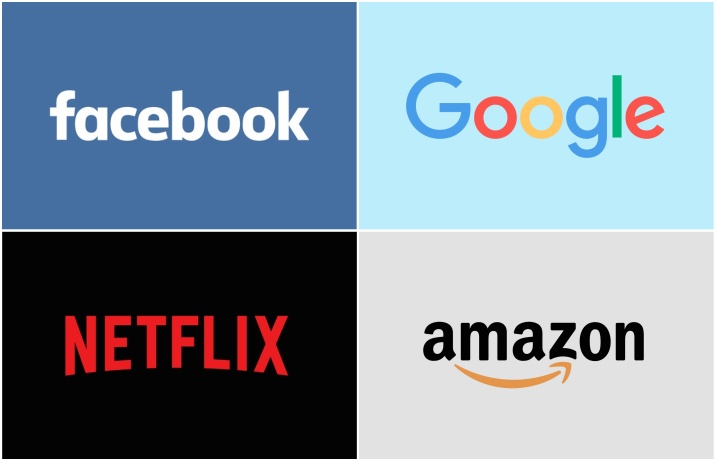Kenya’s New Digital Tax targets Google, Facebook, Netflix and others

Governments have increasingly resulted to taxing digital services through taxes such as Social Media tax in Uganda and various countries in Africa. The trend seems to be picking up with different versions of such taxation in the East African region. This week, Kenya is on the verge of introducing taxes on the digital services providers, with the government revealing that plans are at an advanced stage to start taxing companies offering over-the-top services (OTT) in Kenya.
This development will require services providers such as Facebook, WhatsApp, Netflix and Google to declare all the income that they derive from consumers in Kenya, and pay both income and value added tax. In additional, the Kenya Revenue Authority has sought the country’s Communication Authority assistance in introducing taxes for income generating apps that are used in Kenya, specifically the ones that allow in-app purchases and also those that charge for download. The details of the taxes are not clear, but already there is a bill in the Kenyan parliament that seeks to legally allow for such to happen.
Kenya’s approach is different from the approach that Uganda took of directly taxing consumers, since it is going for the platform providers themselves. However, this will be a difficult task considering who is involved. Already, the Google office in Kenya said that the government risks evoking trade wars, since tech companies could retaliate Kenya’s move. This also comes at a time when taxi drivers in Kenya have successfully forced taxi hailing service providers Uber and Bolt to increase their prices, a pressure they exerted through industrial action and government intervention.
Governments all over the world face the challenge of taxing multinational companies providing digital services such as Uber and Google, and there has been a trend where some opt to tax them directly as it has been the case in France. The governments argue that these service providers benefit from infrastructure and services provided by the governments in the respective countries and thus should pay taxes, while these companies argue that their tax jurisdiction is in their countries of incorporation. As time goes, we expect to see such conflicts increase and globalization and digital services converge.
Faced with increasing budget deficits in the recent years, the government of Kenya has resulted to increasing the tax brackets and casting its net wider. Last year, the government introduced additional taxes that increased the costs of internet connection, internet hosting services, and mobile money transactions. This new move is the first one that targets app developers and multinational corporations, a segment that is very hard to control and regulate.
We wait to see what will come out of this.

